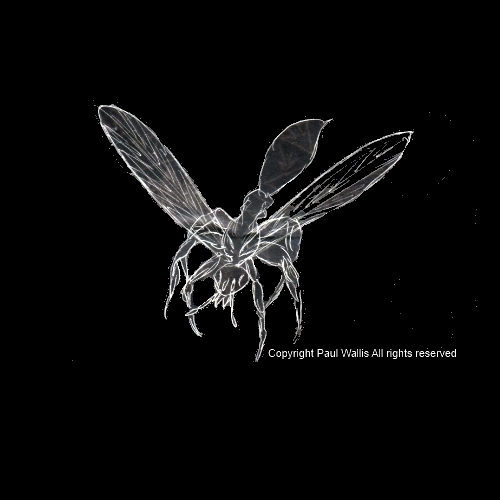
One of the reasons for the seemingly bottomless failure to understand the importance of the environment is that people are now almost totally disconnected from the natural world. Dazzlingly obvious as this may seem, there are potentially lethal consequences.
It is a very simple fact that people live in artificial environments. Some people, in fact, seem to think that the entire world one big soundstage. The problem is that it is isn’t. The last three generations, however, could be forgiven for thinking that it is. Everything a two-dimensional, including career paths, economic models, and, of course, anything spiritual.
Survival, however, tends to be rather more practical. Not recognising dangerous things, natural hazards, and a virtual encyclopaedia full of risks is a great way to not survive. Given this level of virtually institutionalised ignorance, things are not looking good for humanity.
The Big Disconnect, defined
Let’s not rehash the obvious. More than enough has been said about the slow creep of urban insanity and screwed-up lifestyles damaging the environment.
The backlash is here – As the environment adjusts to humans, the new risks are emerging on a daily basis. Animals, bacteria, viruses, fungi, algae, toxic plants, and a whole new range of new hazards are taking up residence in human environments.
The response? Incompetence. Cluelessness on a mega-scale. Humans have forgotten how dangerous nature can be. Allowing for the total and apparently deliberate mismanagement of global societies, this level of ignorance is suicide. The air is full of poisons, the seas are full of diseases, and nothing effective has been done about any of it.
The sheer level of disorganisation is stunning. How, exactly, is a mess like this to respond to a threat from the macro global environment? Nothing is done systematically. Everything becomes a political issue, not a survival issue. It is a recipe for failure, and that’s exactly what it’s doing, failing on all levels.
Adapt or die
Humanity is also somewhat outclassed in the adaption sphere. Nature adapts to new environments rapidly. Humans are highly adaptable, but they seem to have forgotten how to adapt. From the caves to skyscrapers, adaption was pretty straightforward. Adapting to a suddenly very hostile planet, however, isn’t likely to be anywhere near as easy.
For most of Earth’s history, humans would have found it an alien planet. Up to the age of the dinosaurs, most of the plant food would have been poisonous, and the swarming insect life unbearable. It is only relatively recently that it has become a comparatively safe place for humans.
Failure to adapt equates to extinction. Mother Nature will send you to bed without your life, as well as your dinner. The big disconnect from nature is about as dumb as any species can get.
Which raises a question – How do you adapt to an environment you know nothing about? I’ve met people who confronted with a couple of pot plants think they’re in a jungle. I have seen people on trains terrified of moths. In Australia, we often see people who think the whole world is a movie. We spend millions every year getting them to hospitals and finding their corpses all over the place. They clearly have no idea whatsoever what the natural world is like.
Future? Don’t bet on it
So – In the next 50 years, we are going to have 11 billion clueless idiots trying to adapt to a world they no longer understand at all. Food supplies are likely to be at crisis point, and so are water supplies. Food quality is likely to degenerate to even worse, less nutritious and more dangerous slop than it is now. Housing is likely to be impossible, and education and even more ridiculous. Add a hostile global environment, and you have the picture. The
Does that sound like a formula for success to you? The world has many “leaders”, but no directions to go. We have ideologies, but an almost total lack of real ideas.
I’ve said it before – Old ideas don’t solve new problems. The sheer absurdity of this antiquated museum of social management theories is about to turn lethal. Fix it, or face the consequences.
Some more light reading for you about the Big Disconnect from Digital Journal, a site I’ve been writing for over the last 12 years. If you get the impression that all of this could have been fixed decades ago, you’re quite right.
